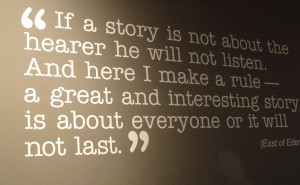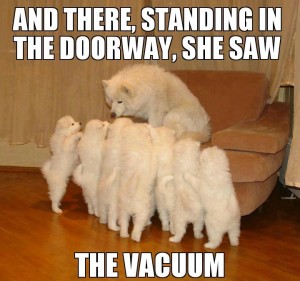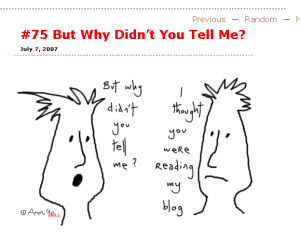I have been thinking a lot about the role that conflict plays in making change. Change would not happen if they were no conflict. Great change happens because of conflicting opinions, of challenges, and of a questioning of principles. I believe that conflict can allow us to create beautiful things together. Margaret Heffernen calls this love because the kind of investment needed to challenge, defend, answer, seek, and finally change requires infinite care.
She dares us to collaborate through constructive conflict.
but…
She points out that most organizations can not think because the people inside of them are afraid of conflict. 85% of them.
I recently had a conversation where I likened an organization to a learning brain. We know that learning can not happen when strong emotion is present. Why would it be different for organizational learning?
So it takes courage.
“The fact is that most of the biggest catastrophes that we’ve witnessed rarely come from information that is secret or hidden. It comes from information that is freely available and out there, but that we are willfully blind to, because we can’t handle, don’t want to handle, the conflict that it provokes. But when we dare to break that silence, or when we dare to see, and we create conflict, we enable ourselves and the people around us to do our very best thinking.”
when we dare to break that silence, or when we dare to see, and we create conflict, we enable ourselves and the people around us to do our very best thinking
Daring. Creating. Enabling. Thinking. Amen.
Margaret Heffernen’s views came from Dare to Disagree, yet another TED talk.



